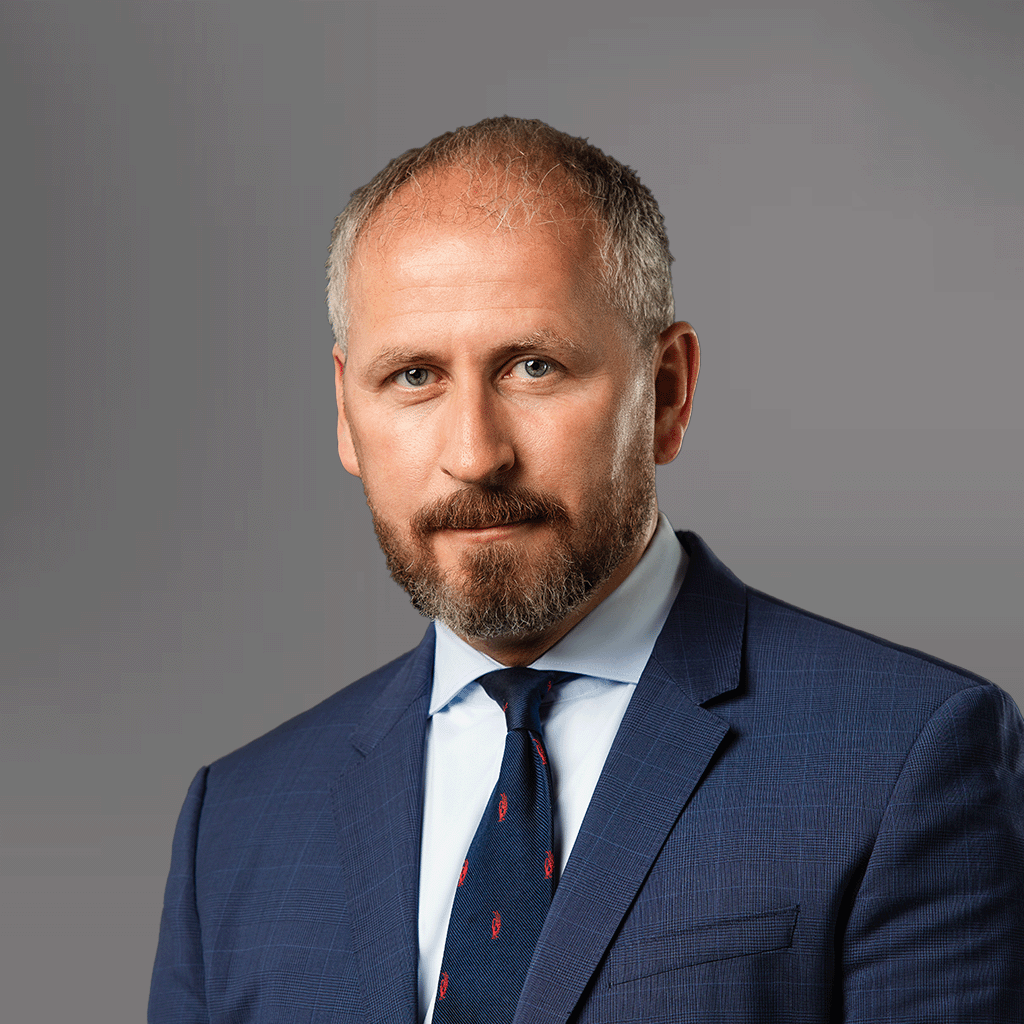Can Canada survive and succeed in a wicked post-pandemic world? And can we “think for ourselves” in order to survive and succeed? The sharp conflict that has just erupted between us and India, the world’s largest democracy, should only serve to confirm that no other country, friendly or unfriendly, will do the thinking for us. And yet three major barriers stand in the way of real Canadian “thinking”. All three stem from major recent mistakes of Canadian policy and strategy.
Barrier One – We Allowed Canada to Become a Vassal State
The ratification of the United States-Mexico-Canada Agreement (USMCA) trade agreement in early 2020, at the dawn of the pandemic, formalized our status as a vassal state – both at international law and by reputation. I was among the few people in the country to protest vehemently that the agreement quietly – cunningly, à notre insu – clipped our country’s ability to develop advanced relationships, on our own terms, with a host of major countries on all continents. Instead, the USMCA made clear that such Canadian relationships with foreign powers, friendly and unfriendly alike, turned on American approval and agreement.
We may protest to the contrary on Twitter as much as we wish, but there is a reason for which almost no major international leader has visited our capital in the last several years – to wit, there is nothing to discuss, as Canada has nothing to say (on its own terms). A vassal state cannot, by definition, think for itself. Indeed, a vassal state, having outsourced its thinking, is often not even aware of its vassalized circumstances.
Barrier Two – Social Media & the Canadian Information Space
Speaking of Twitter, a strange debate persists in Canada. One side holds that foreign social media companies like Facebook and Google owe Canadian media companies payments in exchange for the use (and in support) of content produced in Canada. The other side holds that any robust regulation of these social media companies is tantamount to Canadian “censorship” and contrary to our “free speech”.
Alas, both positions militate against Canada thinking for itself in both domestic and international affairs. For all of the social media companies that today run Canada’s information space are foreign – and principally American (also foreign!). And nearly all of the algorithms that determine what is discussed (or is “allowed” to be discussed, and “by whom”) on these platforms are developed in California.
What does California know about Canadian survival in the post-pandemic world? Does California control the Canadian national interest?
Having quickly collapsed, during the pandemic, our entire national information space to these social media algorithms, ours is now a country whose entire internal dialogue is mediated by foreign information algorithms. This, of course, is an absurdity of our own making: our political and strategic leaders depend on these algorithms to communicate with Canadians (and to the world about Canada), but must, in order to be relevant (or “viral”), communicate on the terms and according to the rules and vocabulary of these algorithms.
In turn, Canadians can only report to our political leaders their preferences and the reality on the ground, as it were, on terms and vocabulary acceptable to the foreign social media algorithm. This means that if there is a catastrophe in Laval (or to Lavallois in, say, China, Mali or Indonesia) but the social media algorithm is promoting the latest meditations of Kim Kardashian, then we Canadians – and our leaders in tow – will be discussing Kardashian at the expense of any felt appreciation of what is befalling Laval and the Lavallois.
Should this, pray tell, not form the central part of the newly announced inquiry on foreign interference in Canadian affairs?
Barrier Three – The Pandemic-Period Collapse of Canadian Education
A country that collapses its education systems can only have great difficulty thinking for itself tomorrow. And yet that is precisely what we did to ourselves during the pandemic: we collapsed education systems across our vast country, destabilizing millions of childhoods and ousting from education, permanently, many tens of thousands of young Canadians.
The sustained and serial school closures of the pandemic period – led by Ontario, which controls 40% of the five-million-strong national student body and had the longest school closures in North America – led to two social perversions that are nowhere seized by our strategic and foreign affairs communities (as education is typically seen as “provincial”): one, the rise of large numbers of “third bucket kids” – that is, kids growing up in Canada with no education at all; and two, large-scale undereducation and undersocialization of the plurality of the students who did not leave school altogether.
If strong Canadian education is a necessary condition for Canada to think for itself in the very complex post-pandemic world, then its patent absence for the next generation of Canadians may reasonably be seen as near-fatal to the cause.
So, fellow Canadians, our country has a lot of work to do – and a lot of work even before we can start thinking. But suffice it to say that, with the second largest country on Earth, enjoying a wonderful reputation of political and social civility and achievement, we would be foolish not to fight, fight, fight.
After all, no one else will do the fighting – and the real thinking – for us.


